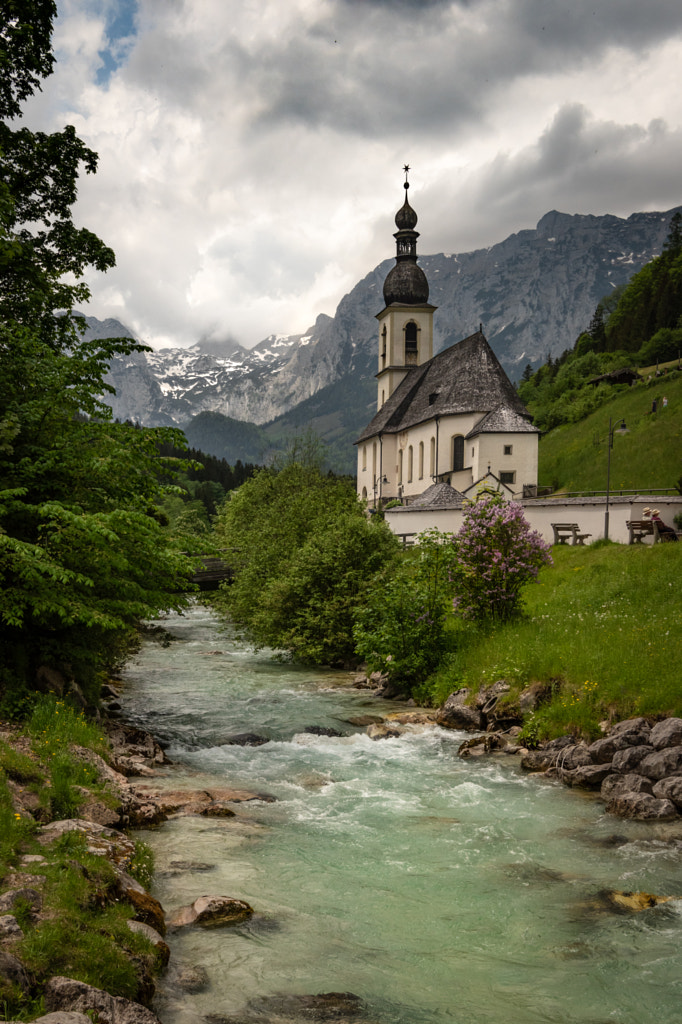“[E]very true reader has a secret life, which is equally intense, complex, and important. The books we read are no different from the people we meet or the cities we visit. Some books, people, or places hardly matter, others change our lives, and still others plant some idea or sentiment that influences our futures. No one else will ever read, reread, or misread the same books in the same way or in the same order. Our inner lives are as rich and real as our outer lives, even if they remain mostly unknowable to others. Perhaps that is why books matter so much.”
Dutchman tries to propose. Destroys house with crane.
A man’s plan to propose to his girlfriend has resulted in a crane smashing through the roof of a neighbours’ house, forcing an evacuation.
The Surreal Case of a C.I.A. Hacker’s RevengeNew Yorker. Crazy story.
We look
The one-word title is clever. There are many ways that the characters are ‘caught’. Both Roe and Pye are caught up in Pye’s sister’s crime. But they are also caught in a war, caught in the web of class-consciousness, caught by the expectations of their community and caught by the gossip that swirls around them. Men and women are caught up into brief meaningless liaisons and all of them are caught in misdemeanours that would be trivial in peace time but have different consequences in war.
Thea Astley’s first win, for The Well-dressed Explorer in 1962, however, was shared with George Turner’s The Cupboard Under the Stairs.* In my review I lament the fact that this novel…
…hit the bookstands in the same year as One Flew Over the Cuckoo’s Nest by Ken Kesey. I think they were both ground-breaking novels in their day: both novels explore how society fears mental illness and institutionalises people who are not ‘normal’. Both novels redefine what ‘normal’ might be.
But only one of them went on to be internationally famous. It’s ironic that I raise this in the context of an Australian starter book which is internationally famous, because it was shortlisted for the 2022 Women’s Prize for Fiction. (We’ll find out who the winner is in ten days time on June 15th). But whatever happens, it’s certainly an achievement to get a spot on the international podium for these major prizes…
Six Degrees of Separation: from Sorrow and Bliss, to…
It’s ironic that I’m reading the book with a post-covid brain.
Telltale: reading writing remembering, by Carmel Bird
“By the time of my birth, Jozef Stalin had been dead for 5 years 2 month and 11 days.”
Stalin was a man of ideas, of books, of literature, of blood. Writers, he said, are “engineers of human souls” souls
Sebald Lecture
The Sebald Lecture will be given tomorrow, by Lydia Davis -- and you can watch live online, if you register.
Davis will be:
reflecting back over her distinguished career as a translator from French, and discussing her recent collection Essays Two, about translation and foreign language-learning
New Words Without Borders: “The launch of our new website and publishing model ushers in a new era for the leading digital magazine for international literature. In our pages this month, new work by Olga Tokarczuk, Jokha Alharthi, Fernanda Melchor, Boubacar Boris Diop, and more…As Words Without Bordersnears twenty years of publishing, it can boast more than 3,000 writers from over 140 countries and nearly as many languages.
Among these writers are Elena Ferrante, Olga Tokarczuk, Jokha Alharthi, Alain Mabanckou, László Krasznahorkai, and Yoko Tawada, all of whom appeared in WWB early in their international careers. In the meantime, the digital landscape has undergone enormous transformation, and the new WWB is about capitalizing on these new capabilities to connect to readers and readers-to-be. On the practical side, this means Words Without Borders is embracing its identity as a truly digital publication. In place of monthly themes and features, WWB will now publish new content daily, presenting a mix of fiction, essays, reportage, poetry, criticism, and interviews about the most exhilarating writing around the world. Our new home makes it easy to create conversations and connections between writing from across the world—and across our vast archive—by organizing them into compelling collections, which you can browse from our home page. Our new model seeks to become less bound by borders of any kind. By expanding the possibilities of what we publish each day, we aim to deepen the connections between writers (and writing) from the most disparate perspectives and places. These connections are enriched when they engage literary communities that are often neglected in English translation. As we move forward, we are redoubling our focus on underrepresented literatures, with new installments of our Indigenous Writing Project, as well as the first substantial offering of writing from Gujarati to ever be published by a literary journal in the West…”
once upon a time: Belated obituary written by a tired old man
Online Philosophy Resources Weekly Update
The weekly report on new and revised entries at online philosophy resources and new reviews of philosophy books…
